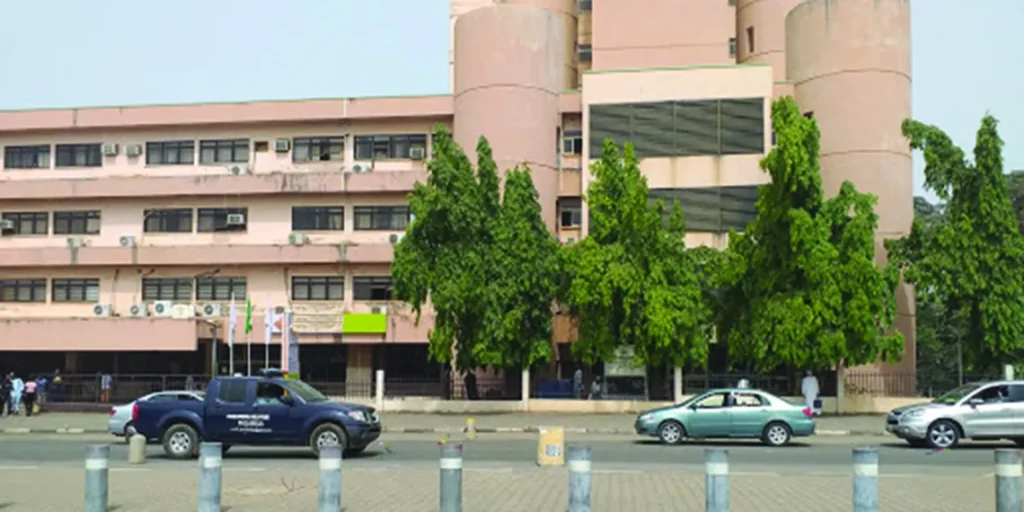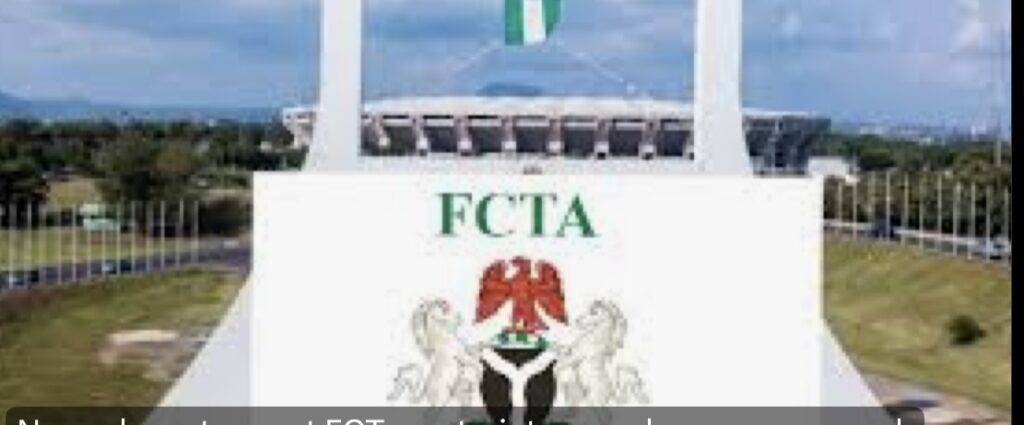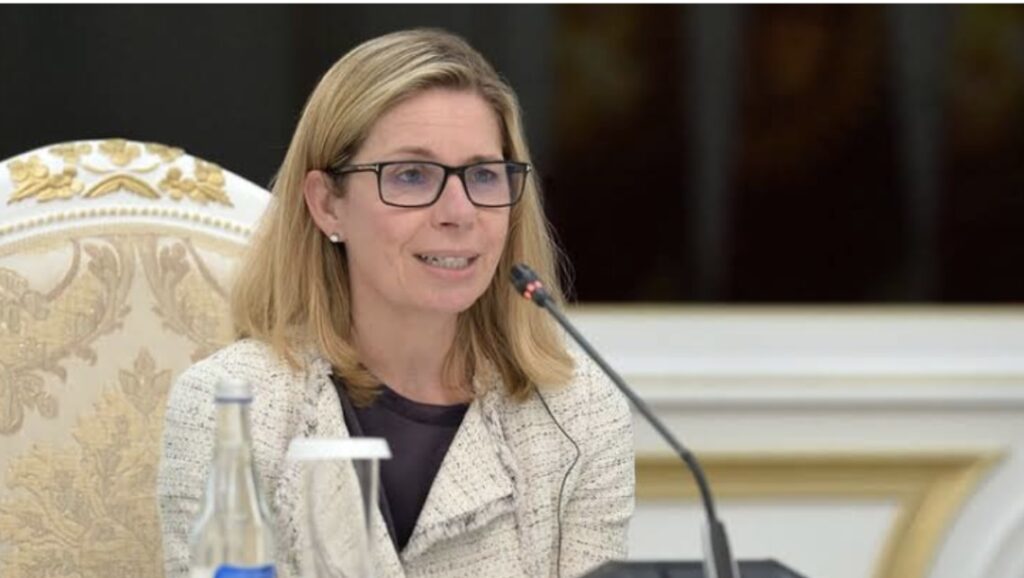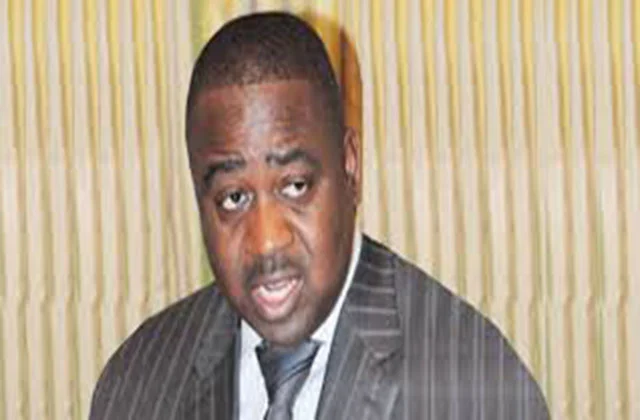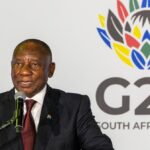Tribal Politics, Leadership Missteps Fuel Terror Surge in Nigeria, Says Wole Arisekola
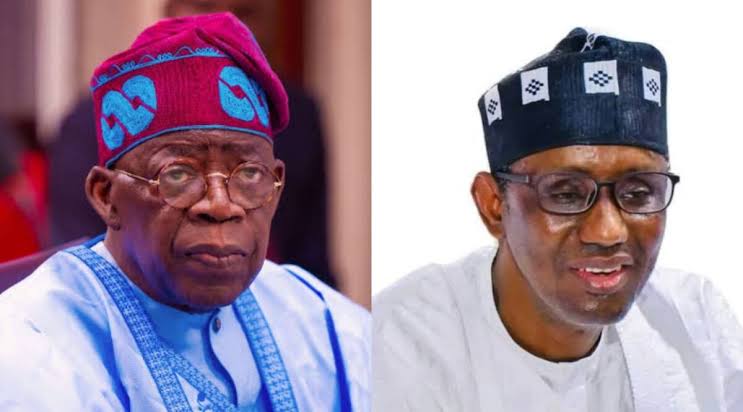
Wole Arisekola, publisher of The Street Journal, has attributed the recent rise in terrorism in Nigeria to political miscalculations and tribal dynamics within the nation’s security architecture.
In a commentary from London, Arisekola cited a conversation with a serving Nigerian military officer abroad, who warned that President Bola Ahmed Tinubu’s appointment of Mallam Nuhu Ribadu as National Security Adviser (NSA) may have inadvertently emboldened militants.
Arisekola quoted the officer as saying, “Ribadu’s competence is not the issue. Nigeria runs on deep tribal suspicion. Boko Haram fighters are mostly Kanuri, and 99% of bandits are Fulani. The historic animosity between the Fulani and Kanuri cannot be ignored.”
The officer explained that the Fulani community operates globally as a close-knit brotherhood. “The moment a Fulani assumes a strategic national security role, bandits become overconfident. They don’t need to meet Ribadu — knowing one of their own is NSA is enough reassurance,” Arisekola wrote.
He added that this dynamic mirrors previous administrations, noting, “Every ethnic group behaves this way when their man enters power. OPC rose under Obasanjo, MEND shook the nation under Jonathan, and bandits expanded under Buhari.”
Arisekola highlighted the officer’s observation that Tinubu’s reliance on technocrats rather than grassroots political figures contributed to current security challenges.
“Tinubu’s old team from 1999 to 2007 was built on loyalty, accessibility, and human touch. Today, half the political confusion would not have happened if political warriors like Pepper, Kemi Nelson, or Ajimobi were in the Villa,” Arisekola quoted him.
The officer also raised concerns about internal tensions in the security forces, telling Arisekola, “Boko Haram intensified attacks the moment rumours circulated that Tinubu might drop Shettima in 2027. The quiet power struggle between the Kanuri and Fulani networks is real.”
Despite these challenges, Arisekola noted that the officer praised Tinubu’s political maturity. “If not for Tinubu’s restraint, some ambitious opportunists would have already created a rift between him and his vice,” he quoted.
The commentary concluded with the officer urging action beyond mere observation. Arisekola wrote, “He told me, ‘My brother, Mogaji… I see the pain in your writing. The pen is mightier than the gun. Speak, and do not be silent.’”
Arisekola’s analysis underscores the interplay of leadership decisions, ethnic loyalties, and institutional rivalries in shaping Nigeria’s security landscape, suggesting that addressing terrorism will require both strategic governance and careful navigation of tribal dynamics.


